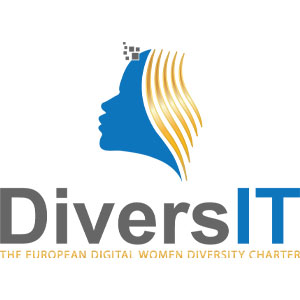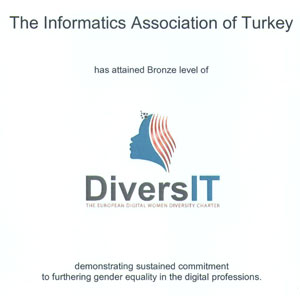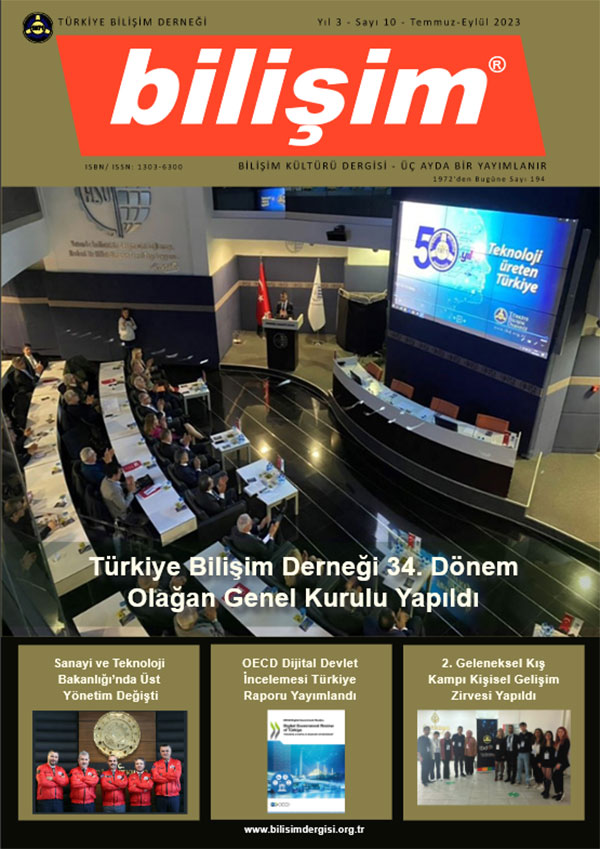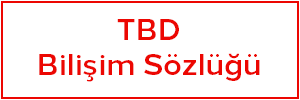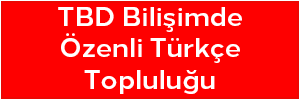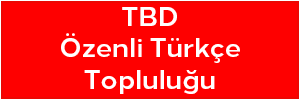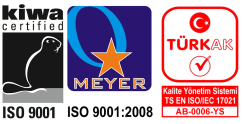Quantitative Human Sciences Working Group
Computational human sciences is an interdisciplinary discipline that aims to ask new research questions in all sub-disciplines of the human sciences through technology, and to generate, analyze and present knowledge with new methods from digital data that form different layers. This discipline contributes to the human sciences by processing large volumes and a wide variety of data using data science methods such as machine learning. In addition, it presents the amount of data that may be very difficult to process manually with the tools of technology in an easily perceivable way with visuals under the desired patterns; it reveals relationships that cannot be seen with the naked eye and generates new questions from them. As a result of the developing digital technology, it also offers tools for processing interactive data, which was not common in the pre-computer and pre-internet era.
CI research aims to generate new knowledge, new perspectives, and new narratives that will unravel the diachronic, synchronic, and spatial changes and transformations of people, societies, cities, countries, politics, cultures, and any network of relations made possible by interpersonal interaction, while revealing interactions that are not easily visible through the processing of data of great complexity.
Our Working Group was established with the aim of obtaining and reporting meaningful information from masses of data in various fields using software and hardware equipped with artificial intelligence systems, contributing to the studies to be carried out on these issues and disseminating the subject to a wide audience through events.
- The Turkish Informatics Association (TBD) Digital Human Sciences (DHS) Working Group (WG) shall participate in or organize events such as meetings, seminars, panels, conferences, etc. in the field of DHS, in relation to the issues that fall within the scope of TBD's duties and fields of work as specified in its bylaws,
- Participating in or organizing various activities in order to inform and enlighten the public on issues related to the CPS; conducting informative activities for the public, organizing seminars, preparing written and visual materials,
- To encourage an interdisciplinary approach by bringing together information technologies and human sciences; to contribute to the development of both these fields and the new discipline of CIS by increasing the use of computational methods; to follow the developments in this field; To conduct research by digitizing all kinds of data in the field of interest of TBD SBW; to produce databases, corpora and findings as a result of these researches; to visualize and present these findings and to develop visualization; to publish and share research results in TBD's related channels, refereed and popular science journals,
- To create technical and legal documents, handbooks, etc. on CIB issues and to publish them on TBD's web site, thereby providing resources for those working and interested in the field and encouraging the sharing of information,
- It aims to determine and represent TBD's views in the field of CIB; to form sub-working groups, prepare reports, determine strategies and formulate TBD's official opinion within this framework when deemed necessary.
- Kadir Yigit Us
- Prof. Dr. Cem Kılıçarslan
- Dr. Seda Uyanık
- Ozgur Tacer
- Dr. Tevfik Uyar
- Koray Özer
- Lecturer Gör. Yasemin Tanbi
- Working on organization and recruitment of members,
- To produce SIB projects based on the corpus of the Science Fiction Story Contest, and to share the results as a report and an article in the Journal of Informatics.
- Analyzing the data compiled from appropriate databases through SBU projects and presenting the results to TBD and the public.
content is being prepared.


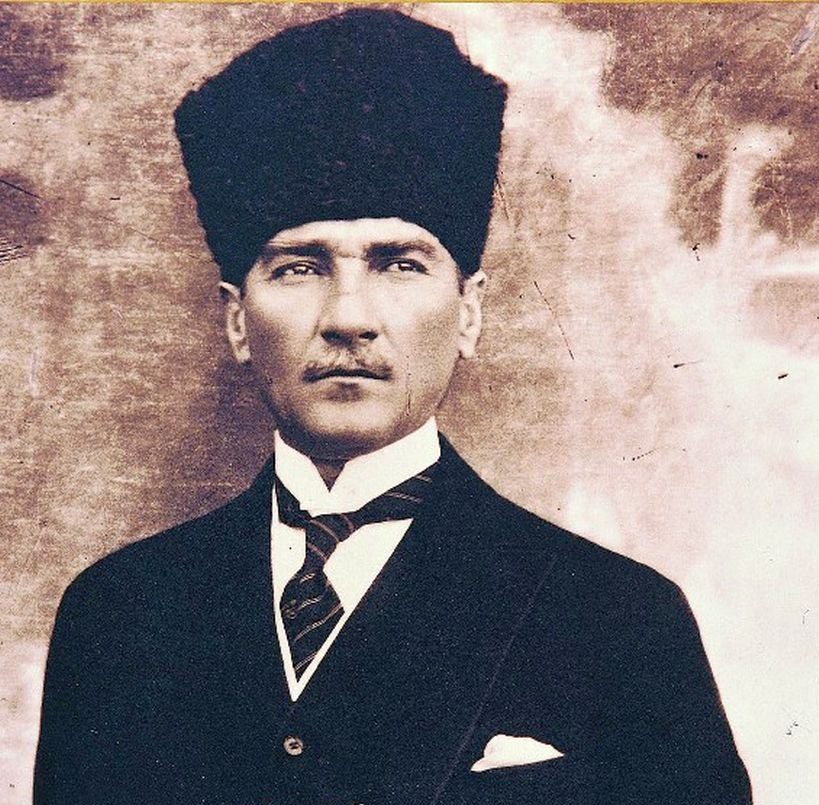 "My spiritual heritage is knowledge and reason. Those who come after me will confirm that in the face of the difficult and deep-rooted difficulties we had to overcome, we may not have achieved our goals completely, but we never compromised, and that we were guided by reason and science." Mustafa Kemal Atatürk
"My spiritual heritage is knowledge and reason. Those who come after me will confirm that in the face of the difficult and deep-rooted difficulties we had to overcome, we may not have achieved our goals completely, but we never compromised, and that we were guided by reason and science." Mustafa Kemal Atatürk

